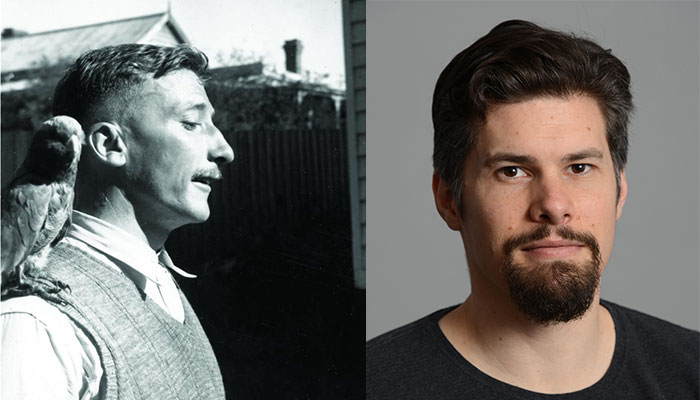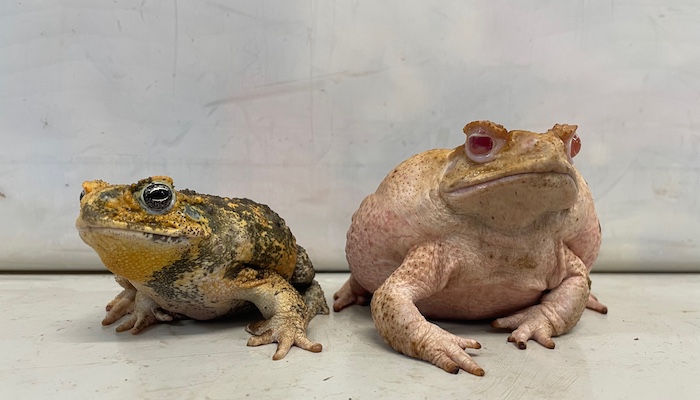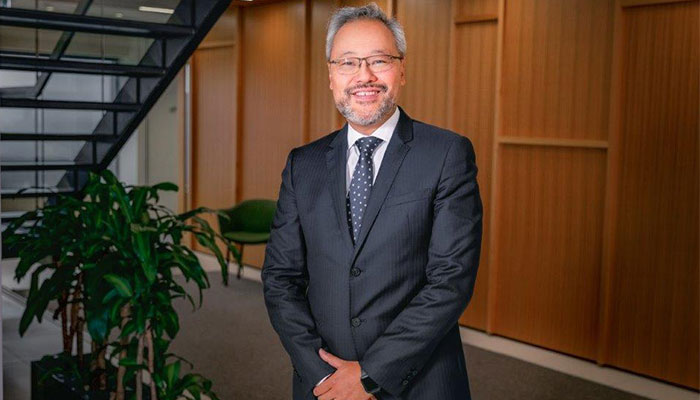North Sydney poet Francis Webb (1925-73) occupies a paradoxical place in Australian literary culture. Unlike his postwar contemporaries, such as Judith Wright and Gwen Harwood, he is unknown to the wider public and his dazzling poems are rarely taught in schools.

However, in the largely hidden world of Australian poetry, he is praised by such giants as Wright, Harwood, A. D. Hope, Dorothy Porter, Robert Gray and Robert Adamson. Les Murray called him ‘the gold standard by which complex poetic language has been judged … a master of last lines, of last stanzas and final phrases.’
Webb was a prodigy, first published in the Bulletin magazine in 1942 when he was still a schoolboy. As all prodigies do, he demands something of his audience and this has led some to dismiss his work as ‘difficult’ or ‘obscure’, something modernist poets have been accused of since T. S. Eliot. Yet this concern became more intensified, and unfairly stigmatised, once Webb returned to Australia from England in 1960 and published two collections which prominently featured his experiences in mental hospitals for what was diagnosed as ‘persecution mania’ and later schizophrenia.
Illuminating the plight of the unseen
Today, there are whole anthologies of Australian poets discussing mental illness, such as Admissions: Voices within Mental Health (2022), but in Webb’s era this topic was incredibly taboo. His earliest poems on the topic, 'On First Hearing a Cuckoo' (1952) and 'A Death at Winson Green' (1955), are Australia’s first poems set in mental hospitals; they tenderly portray the lives of those shut away from what he later called ‘the world of commonsense.’
In his later work, Webb composed 'Ward Two', a sequence set in Parramatta Psychiatric Hospital for his final collection The Ghost of the Cock (1964). 'Ward Two' revealed to Australians the people who had been shut away for not just mental illness, but for Down Syndrome, homosexuality and advanced age, in ways that remain shocking now:
Comes the day when his mother realizes all.
A few questions, and a chaos of silence. Her thin eyes
Are emptied. Doors rattle in the house,
Foundations stagger …
And now he is here. We had him conveyed to this place
Because our pale glass faces contorted in hate or merriment
Left only sin as flesh, the concrete, the demanded.
He does not speak or hear – perhaps the pox.
But all his compatriots in sin or in other illness
Are flesh, the demanded, silent, watching, not hearing …. ('Ward Two: Homosexual')
Webb was a ‘compatriot’ to other marginalised peoples as well. This ‘strict but not puritanical Catholic’ was also well beyond his time in his radical approaches towards social and environmental justice. In the early 1950s, he attempted to imagine the arrival of Captain Cook in 1770 from a First Nations point of view ('End of the Picnic') and also wrote empathetically about European migrants ('Song of a New Australian'), the unemployed ('Laid Off') and the industrial sickening of his beloved Sydney Harbour ('Balls Head Again').

Pioneer: The work of poet Francis Webb, pictured left in Melbourne in 1951, is being celebrated in 2025, the centenary of his birth. Author, senior lecturer Dr Toby Davidson is pictured right.
He died in 1973 at only 48 from a coronary occlusion, the likely result of heavy smoking and years of mental struggle and treatment with Electro-Convulsive Therapy (ECT) and powerful psychiatric drugs.
In 2025, Australian poetry lovers are celebrating the centenary of the birth of Francis Webb. As the editor of Webb’s Collected Poems (2011), I am curating a series of publications, podcasts, radio interviews and tribute readings which are all accessible via the Francis Webb Centenary homepage on the UWA Publishing website.
Live readings are planned for Melbourne on June 25 and Sydney on August 23, which offer the general public – as well as my Macquarie English major students studying Webb – a chance to hear the works of this monumental poet who deserves to be better known for not just his talents, but his immense bravery in showing Australians and the world the injustices he perceived, regardless of the personal and reputational cost.
Webb has always been a ‘poet’s poet’, but the Centenary of his birth presents a chance to reappraise his legacy and ensure that his work belongs to everyone, because he wrote for and about everyone, no matter how ostracised or marginalised, with the same combination of genius-level talent and a fierce social eye.
See more about the Francis Webb Centenary
Dr Toby Davidson is a senior lecturer in the School of Humanities, and edited The Collected Poems of Francis Webb (UWA Publishing). He is also a member of the Global Indigenous Futures Research Centre.



